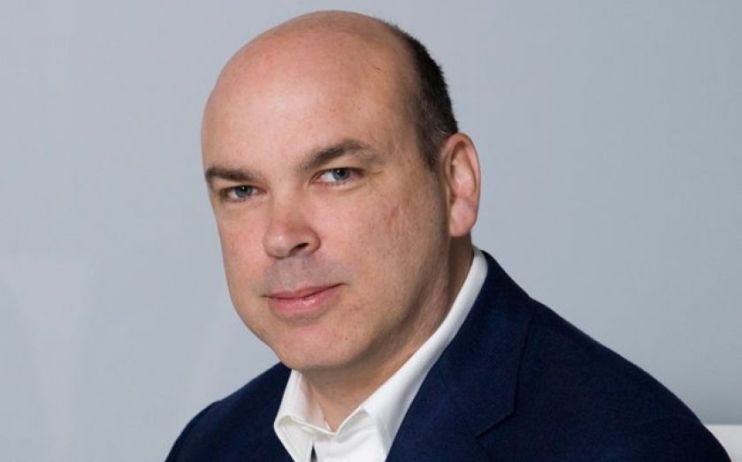Autonomy founder Mike Lynch kicks off testimony in UK’s biggest fraud trial

Business tycoon Mike Lynch was accused of masterminding a fraud at Autonomy in order to be “seen as a success story” as he began his month-long testimony in the UK’s biggest ever civil fraud trial.
Lynch, the founder and former chief executive of Autonomy, is being sued by Hewlett Packard (HP) for $5.1bn for allegedly falsely inflating the software firm’s revenue ahead of its £8.4bn sale to the tech giant in 2011.
Read more: Autonomy trial: Meg Whitman ready to blame ex-HP CEO for failed merger
The entrepreneur and his co-defendant Sushovan Hussain, the firm’s ex-finance chief, both deny the allegations.
“So accustomed were you with being seen as a success story and so concerned were you that Autonomy should not fall short that you encouraged Mr Hussain and indeed others to do what needed to be done to ensure that did that happen, that revenue targets were not missed,” said Laurence Rabinowitz QC during the cross-examination at the High Court today.
“Even if that meant resorting to fraudulent devices that enabled Autonomy to over-represent its quarterly performance to the market,” he added.
“Such was your determination that Autonomy should not appear to have fallen by the wayside that you were willing…to mislead auditors, to mislead the audit committee, to mislead analysts, to mislead investors and indeed to mislead the market in general.”
Lynch countered that Rabinowitz was incorrect, and that Autonomy was “one of the most successful companies that England has ever produced”.
“To consider that as falling by the wayside I think has lost all perspective,” he said.
HP has argued that Lynch had overall control of Autonomy, and therefore would have been central to any wrongdoing at the firm.
Read more: HP ‘not suing Autonomy US exec to go after Mike Lynch’, court hears
The court heard that Autonomy’s auditor Deloitte said in a 2010 report that Lynch had a “very unusual level of control for a FTSE 100 chief executive”.
Lynch had to approve all payments over $30,000, the court was told. However, Lynch said in reality he only personally approved around one in 10 of payments over that amount.
The businessman submitted written arguments ahead of the trial, in which he said he took on the role of a “statesman” at the FTSE 100 firm and was unaware of the alleged fraud.
The trial continues.